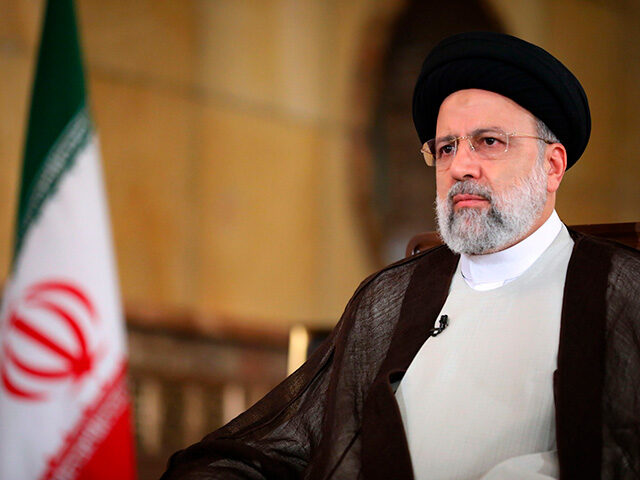Recently hacked Iranian files obtained by an Iranian opposition group highlight the Iranian Ministry of Defense’s “covert and complex methods” employed by Tehran to circumvent international sanctions and finance its military operations.
In a bombshell report from the National Council of Resistance of Iran (NCRI), the Islamic Republic of Iran’s methods of circumventing sanctions were revealed in detail.
The recently published documents, obtained through its constituent group, the Mujahedin-e Khalq (MEK) network in Iran, confirm Tehran’s efforts to bypass international sanctions imposed on it due to its harmful activities.
The material was accessed by hacktivist group “Uprising till Overthrow” which claimed to have breached 120 servers of the Iranian president’s office, revealing various internal communications, and leaking “troves of sensitive data proving corruption, conflicts and an ongoing nuclear expansion.”
One document reveals how the security chief of the underground Fordow uranium enrichment facility requested that nearly 400 acres of public land be given to the nuclear plant to “increase its security buffer zone” as Iran continues to develop nuclear capabilities.
According to one highly confidential letter from its Intelligence Protection department, Iran’s Defense Ministry (SATA) is using its subsidiary Ghadir Holding — which owns over 130 companies (including oil and gas, petrochemicals, electricity production and transmission, transportation services, cement production, building construction, and information technology) — as a conduit for oil sales in order to evade international sanctions and fund its military operations.
The letter, penned in 2021, warns of foreign firms acting as intelligence proxies seeking to identify SATA-associated entities and their sanctions-evading tactics to damage the “economic body of the armed forces,” while advising industries to refrain from cooperating with such companies in order to avoid jeopardizing the security of SATA and other economic institutions.
Another document shedding light on the Iranian Defense Ministry’s covert methods is dated January and shows a communication from Ghadir Holding to its subsidiary CEOs which identifies companies implicated in unlawful transactions to bypass sanctions, orchestrated by the regime’s Ministry of Defense, according to the report.
On Wednesday, the NCRI’s U.S. Representative office disclosed classified documents revealing information about the Petrochemical Commercial Company International (PCCI) — an important entity of the Iranian regime that exploits the oil and petrochemicals sectors to evade sanctions.
Warning of the “grave consequences of the West’s policy of appeasement,” the report asserts that every penny entering the Islamic regime’s coffers is a “direct investment in terrorism, violence, and oppression, perpetuating a regime that the Iranian people have unequivocally rejected.”
Urging the West to “take a strong stance” against the brutal theocracy, the NCRI called for “unwavering support for the Iranian people’s aspirations for a better future by enforcing all six U.N. Security Council resolutions and condemning the regime’s malign activities in the strongest possible terms.”
Last month, over one hundred former world leaders penned an open letter to the heads of the U.S., Canada, the EU, and the UK calling for the Islamic Republic of Iran to be held accountable for its long-running crimes against humanity.
Among the over 100 signatories of the letter, including 50 former presidents and 47 former prime ministers, were former US Vice President Mike Pence, former British Prime Minister Liz Truss, former Canadian Prime Minister Stephen Harper, and Italian ex-premier Matteo Renzi.
Meanwhile, a joint congressional House caucus hearing voiced support for the Iranian peoples’ uprising, following a wave of recent executions by the Islamic regime in an attempt to contain unrest in the country.
Follow Joshua Klein on Twitter @JoshuaKlein.

COMMENTS
Please let us know if you're having issues with commenting.